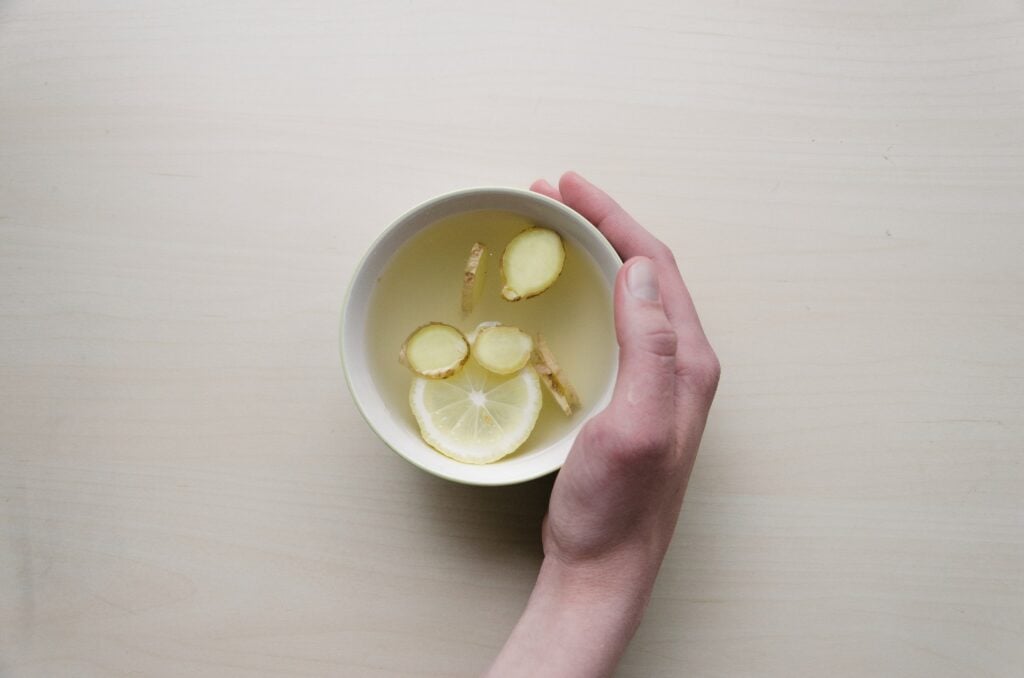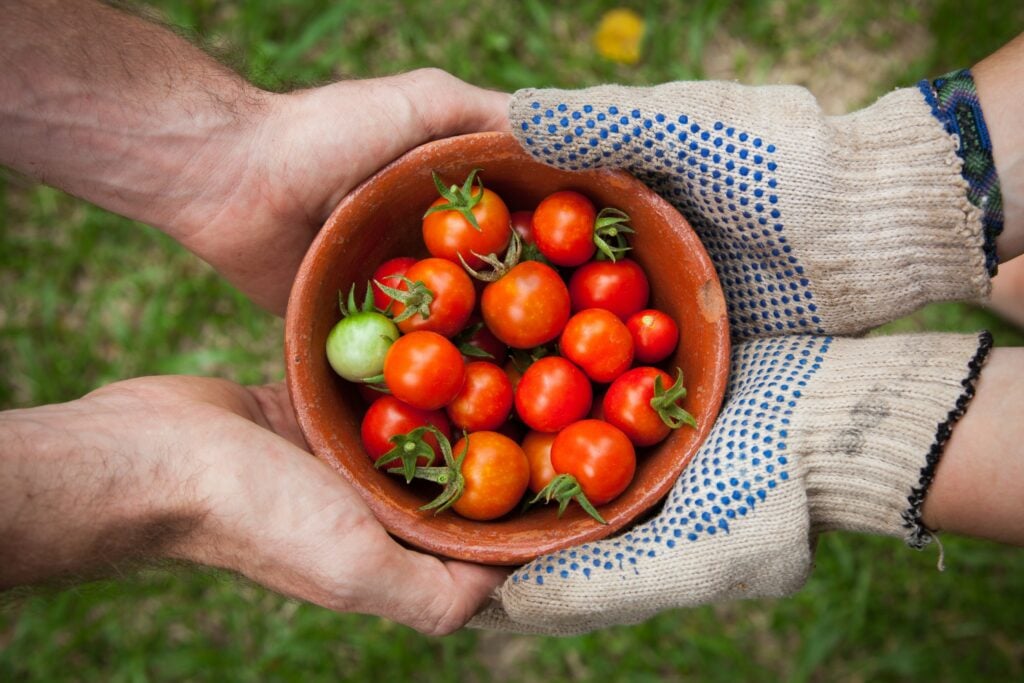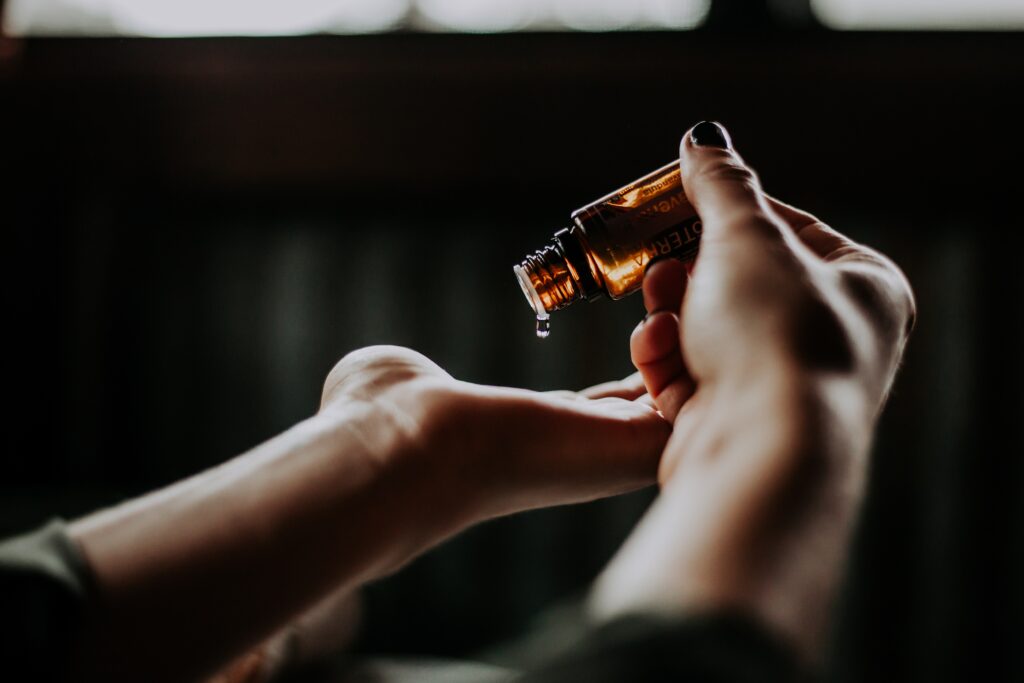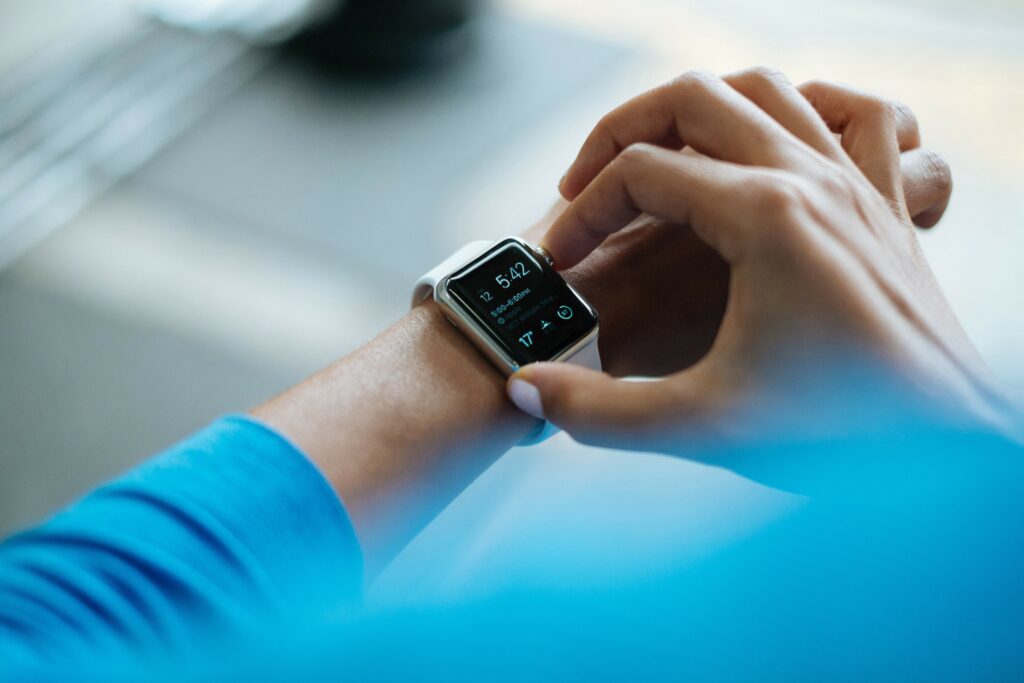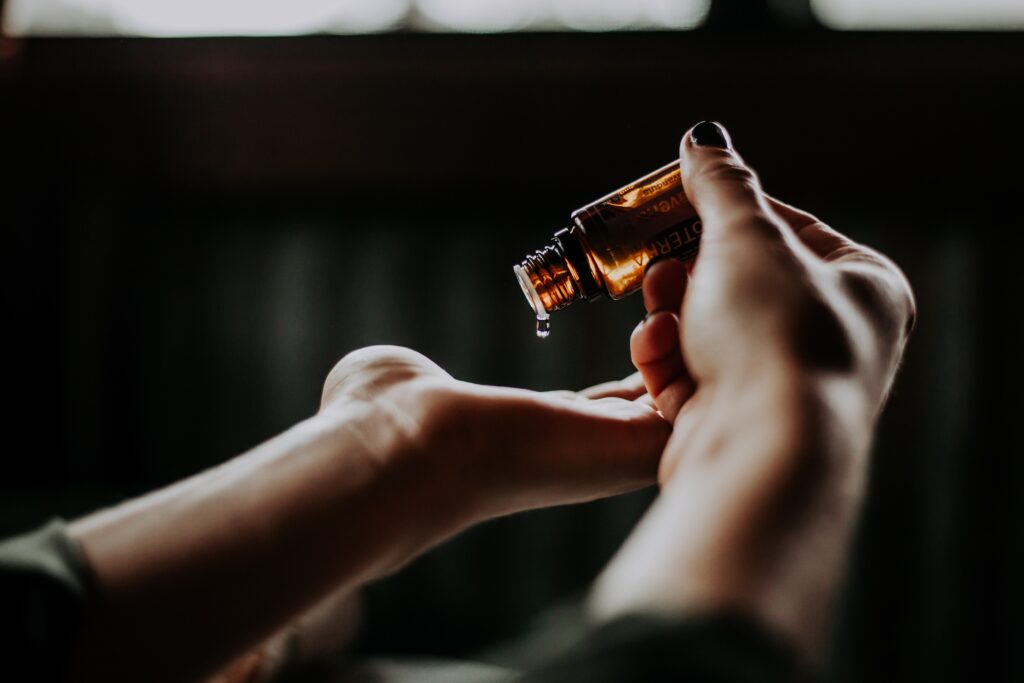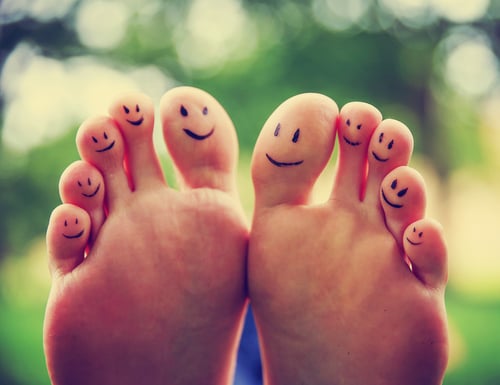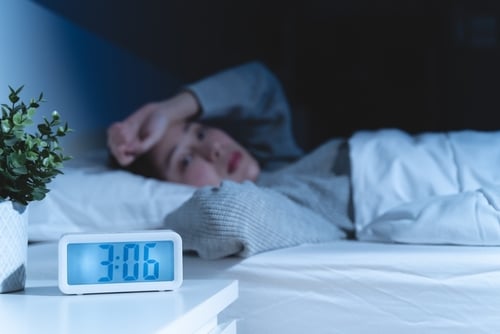Life Blog
Cutting-edge information and tips for creating health in all areas of life – wellness, nutrition, fitness, attitude, and relationships

February 26, 2026
The Hidden Cost of Chronic Stress (and What Science Says Actually Helps)
Stress doesn’t usually announce itself with sirens and flashing lights. More often, it sneaks in quietly—tight shoulders, poor sleep, short tempers, skipped meals—and before you know it, you’re running on fumes wondering how things got so hard. Here’s the thing: stress isn’t just an emotional experience. It has measurable, physiological effects on your brain and body. And when stress becomes chronic, it can seriously impact your mental health. The good news? Small, consistent habits make a measurable difference. Chronic Stress Is More Than “Just Stress” According to the American Psychological Association, over 75% of adults report experiencing moderate to high stress levels, and nearly one-third say stress negatively impacts their mental health. When stress sticks around too long, cortisol (your primary stress hormone) stays elevated. Research shows chronically high cortisol levels are linked to: Increased anxiety and depression Impaired memory and concentration Sleep disturbances Weakened immune function In other words, “pushing through” without addressing stress doesn’t make you stronger—it makes you more depleted. Sleep Isn’t Optional (Your Brain Needs It) Sleep is one of the strongest predictors of mental well-being. Studies have found that people who consistently sleep fewer than six hours per night are over twice as likely to report frequent mental distress compared to those who get seven to eight hours. Sleep deprivation affects the same brain regions responsible for emotional regulation, which explains why everything feels harder—and more personal—when you’re exhausted. Quality sleep isn’t a luxury. It’s neurological maintenance. Movement Is One of the Most Powerful Mental Health Tools You don’t need intense…
Can You Really Detox or Cleanse Your Body?
You’ve probably come across a detox program or two in your pursuit of better health. These programs are based on the idea that your body is constantly accumulating toxins and needs a “spring cleaning” every now and then. These programs usually involve a combination of fasting, juicing, eating selected foods, taking supplements, and enemas. The…
Learn MoreDoes Your Home Stress You Out?
How do you feel when you get home after a long day? Relieved or more stressed? You probably already know that a messy, disorganized home can make it very difficult to relax and unwind. What may surprise you, though, is that a clean and organized home can be just as stressful if you make the…
Learn MoreGo Vegetarian & Live Longer (A Lot Longer…)
There are many reasons to become a vegetarian. Although some people choose to do so for religious or ethical reasons, more and more Americans are choosing the vegetarian lifestyle for health reasons. The Benefits Vegetarians have a huge advantage over meat eaters in the long term. They live longer and are generally 30 pounds lighter….
Learn MoreAre Your Teeth and Bones Getting Enough Calcium?
Calcium is a tricky mineral. It’s the most abundant mineral in the human body and is present in many different foods. However, people still suffer from calcium deficiency, low bone mass, and osteoporosis. Insufficient calcium intake doesn’t produce symptoms in the short term, making it really difficult to know when you’re not getting enough. Also,…
Learn MoreSmell Your Way to Better Health
The sense of smell is our most sensitive sense. It is the first to develop and it influences our emotions, mood, memory, and behavior. This is where aromatherapy comes in. Aromatherapy, derived from the French word “aromatherapie”, is the use of fragrant essential oils extracted from plants to promote physical and psychological health and wellness….
Learn MoreBody Pump – The Closest Thing to a Magic Workout!
When it comes to workouts, we all want quick results, a magic formula to get lean and fit fast. Although no such magic formula exists, the Body Pump workout comes pretty close! Body Pump is a workout that combines aerobics and strength training with lots of repetition. It involves lifting, thrusting, and squatting with light…
Learn MoreGet a Massage to Improve Your Health
Physical relaxation is one the main benefits of massage therapy, so, naturally, most people only get massages when they need to relax. However, the health benefits of massages go far beyond this. There has been a lot of scientific research in this area, and most of it shows that massage therapy is effective for back…
Learn MoreBreak Any Bad Lifestyle Habit in 30 Days
We are creatures of habit. We happily eat the same foods and generally do the same things every day. Without these habits and routines, our lives would have little structure and too much uncertainty. When you’re trying to break a bad lifestyle habit, routine can be your friend and your enemy. Eating healthy foods and…
Learn MoreCaring for Acne Prone Skin
According to the American Academy of Dermatology, acne is the most common skin condition in the United States, affecting fifty million people. If you have acne, you probably get your share of unsolicited advice about how to take care of your troubled skin. You’ve heard it all from “don’t eat fatty foods” to “exfoliate daily…
Learn MoreWhat Your Feet Say About Your Health
Your feet are a good indicator of your overall health. Podiatrists can detect everything from diabetes to nutritional deficiencies by examining your feet. It’s a shame most of us take our feet for granted…until they start hurting, and by then, the problem is usually so far advanced that basic foot care isn’t enough to remedy…
Learn MoreGood Health Begins with a Healthy Gut
Is stomach pain, heartburn, bloating, gas, or constipation part of your everyday life? If your answer is “yes”, chances are your digestive health is not up to par. Digestive health is a lot more important to our overall health than most of us realize. In addition to digesting food and absorbing nutrients, your gut also…
Learn MoreIs your Body Clock Out of Whack?
Do you wake up feeling tired and groggy even though you’ve had a full night’s sleep? Your internal body clock / circadian rhythm might not be working properly. The circadian rhythm regulates your level of sleepiness or wakefulness throughout the day. When it’s working properly, you should wake up feeling energized and ready to conquer…
Learn More